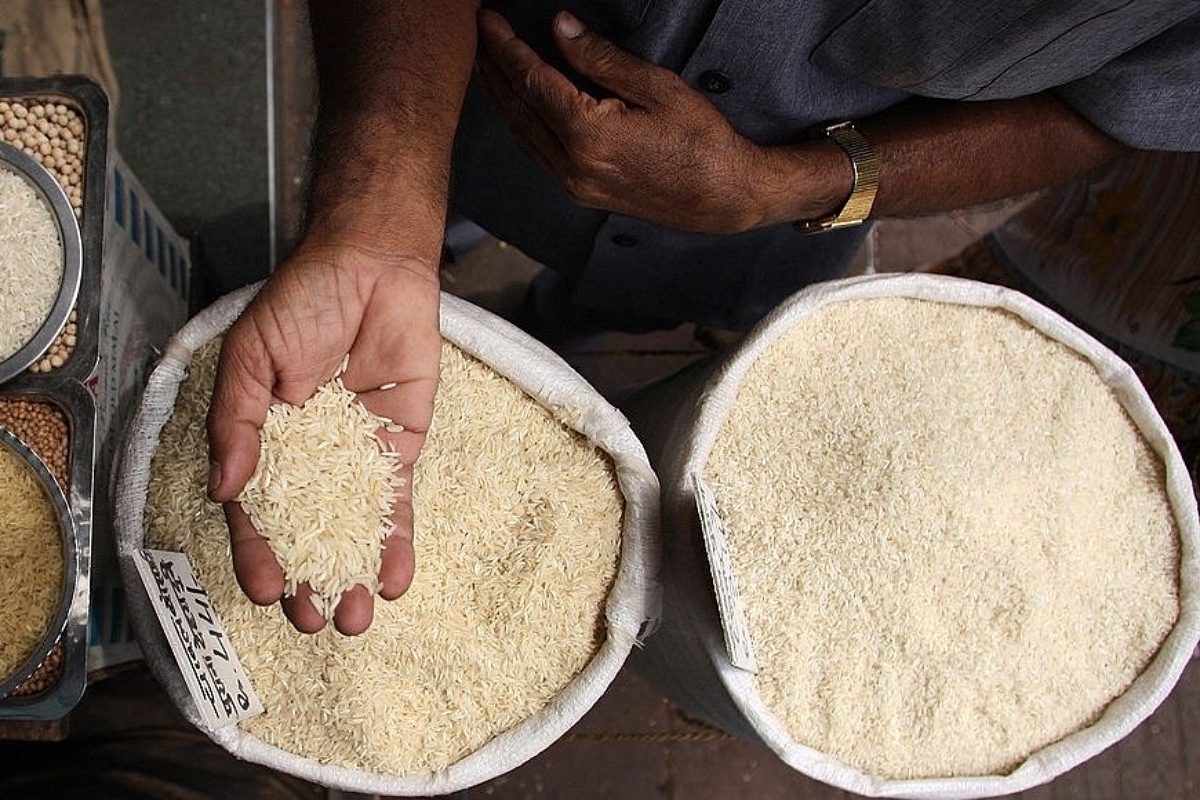News Brief
India To Consider Banning Non-Basmati Rice Exports, Amidst Rising Domestic Prices

India is the largest exporter of rice in the world. (Getty Images)
India, the largest exporter of rice in the world, is contemplating a ban on the export of most rice varieties. This decision comes as the disruptive El Niño weather pattern makes a comeback, which could further increase the already high global prices of this essential food staple.
According to reports, the government is currently in the stage of discussions about implementing a ban on the export of all non-Basmati rice. The main objective behind this proposed ban is to prevent any additional inflationary pressures ahead of upcoming elections.
However, this information has not been made public yet, as per reports in the Business Standard.
If implemented, this ban will impact approximately 80% of India's rice exports. While it may potentially bring down domestic prices, it may cause global costs to surge even higher.
Rice is a dietary staple for nearly half of the world's population, with Asia alone accounting for 90% of the global supply.
Due to concerns over the return of the El Niño weather phenomenon and its potential impact on crops, benchmark prices have already surged to a two-year high.
India is a major player in the global rice trade, accounting for approximately 40% of it. In an effort to control the trade of certain rice varieties, the country has implemented stricter regulations.
Following the increase in prices of food staples like wheat and corn due to Russia's invasion of Ukraine, India banned broken rice exports and imposed a 20% duty on shipments of white and brown rice. Additionally, the country has placed restrictions on wheat and sugar exports.
This year, importer countries such as Indonesia, China, and the Philippines have been actively stockpiling rice. The World Meteorological Organization has reported the development of El Niño conditions in the tropical Pacific, the first time in seven years. This poses a threat of drought in many regions that grow rice.
The potential ban on rice exports by India adds to concerns about the availability of rice supply.
India's decision to potentially ban rice exports comes in response to a rise in consumer price inflation, particularly driven by higher food prices.
Bloomberg Economics predicts that inflation will further increase due to the recent surge in tomato prices, which is a key ingredient in Indian cuisine, and the government's decision to raise the support price for monsoon-sown crops.
Support Swarajya's 50 Ground Reports Project & Sponsor A Story
Every general election Swarajya does a 50 ground reports project.
Aimed only at serious readers and those who appreciate the nuances of political undercurrents, the project provides a sense of India's electoral landscape. As you know, these reports are produced after considerable investment of travel, time and effort on the ground.
This time too we've kicked off the project in style and have covered over 30 constituencies already. If you're someone who appreciates such work and have enjoyed our coverage please consider sponsoring a ground report for just Rs 2999 to Rs 19,999 - it goes a long way in helping us produce more quality reportage.
You can also back this project by becoming a subscriber for as little as Rs 999 - so do click on this links and choose a plan that suits you and back us.
Click below to contribute.
Latest